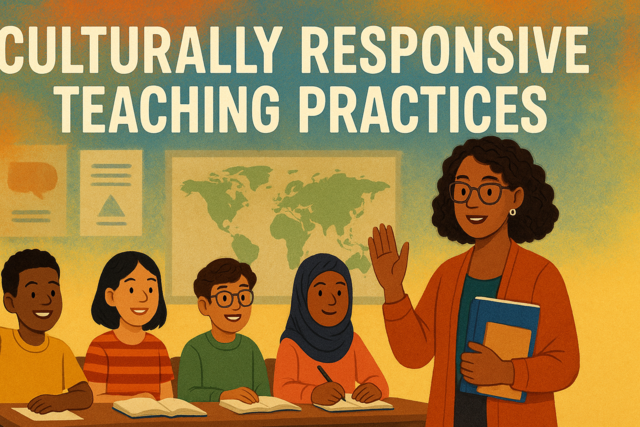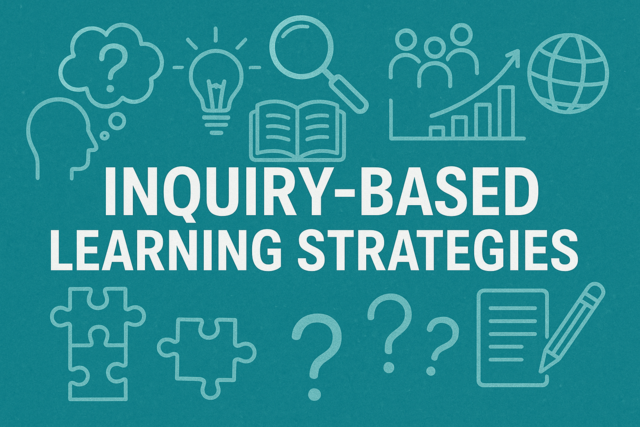Online Class: Implementing RTI Models in Schools

no certificate
with CEU Certificate*
-
15Lessons
-
22Exams &
Assignments -
5Hours
average time -
0.5CEUs
Course Description
In the ever-evolving landscape of education, where each student's potential deserves to be unlocked and cultivated, "Implementing RTI Models in Schools" stands as a beacon of transformative change. Imagine a world where the unique needs and aspirations of every student are not only acknowledged but are also actively addressed with precision and care. This course invites you to embark on a journey that will reshape how you perceive education, promising not just a classroom transformation, but a revolution that echoes throughout entire school communities.
This isn't just another professional development endeavor; it's the cornerstone for educators who aspire to be at the forefront of educational innovation. As you dive into the course's rich tapestry of insights and strategies, you'll be equipped with the power to enact real, meaningful change. Picture yourself as a catalyst, armed with the knowledge and skills to implement Response to Intervention (RTI) models that will leave a lasting impact on student achievement and well-being.
RTI is more than just a framework; it's the lens through which you will learn to view and address diverse learning needs. This course guides you step by step through the multi-tiered support systems that lie at the heart of RTI, offering you a unique opportunity to learn from case studies, expert experiences, and cutting-edge research. You will discover the art of universal screening, an essential process that uncovers students' hidden challenges, allowing you to intervene early and craft a personalized educational journey for each learner.
Imagine a classroom where barriers to learning are systematically dismantled with unyielding precision. Here, your intuition as an educator is met with the hard facts and strategies necessary to not only teach but to transform. Through dynamic modules focused on data-driven decision-making, the RTI framework unveils how you can collaborate seamlessly with your colleagues and the families of your students, creating a formidable support network that champions every student's progress.
The course doesn't just enhance your teaching methods; it redefines them. Learn to harness the power of data—translating numbers and observations into actionable insights that tailor interventions for maximum impact. Your newfound ability to interpret assessment data will empower you to address academic and behavioral challenges with a strategic flair that is both responsive and proactive.
Integration is at the heart of everything we'll explore together. This course lays the foundation for a harmonious blend of general and special education efforts, facilitating comprehensive student support that is both nuanced and robust. But we don't stop at the classroom. You'll also delve into the critical role of parental collaboration, amplifying the reach and effectiveness of your interventions through valuable insights and partnerships that stretch beyond the bell.
As you progress, the course introduces you to revolutionary digital tools like AI, AR, and VR—technologies that bring learning to life and personalize education as never before. These innovations will be your arsenal, allowing you to craft immersive educational experiences that cater to the diverse interests and needs of your students.
Ultimately, this course equips you with efficient strategies for implementing and sustaining RTI frameworks within your school's ecosystem. By bridging the gap between contemporary educational challenges and pioneering solutions, you can foster an inclusive learning environment where every student is seen, heard, and supported.
Enrolling in "Implementing RTI Models in Schools" isn't just a decision—it's your invitation to join a transformative educational movement. Unleash the full potential of your students, redefine your role as an educator, and become a pivotal part of a global effort to ensure no student is left behind. This is more than a course; it's a call to action for all who believe in the power of tailored education to change lives. Your journey begins here.
- Completely Online
- Self-Paced
- 6 Months to Complete
- 24/7 Availability
- Start Anytime
- PC & Mac Compatible
- Android & iOS Friendly
- Accredited CEUs

Course Lessons
Lesson 1. Tracing the Roots and Transformative Journey of Response to Intervention
Professional development, collaboration, and culturally responsive practices are vital to RTI’s success and sustainability in educational environments. This comprehensive approach ensures educators can provide high-quality, adaptive instruction to all students.Lesson 2. Multi-Tiered Wisdom: Deep Dive into RTI Implementation
RTI models offer a structured, multi-tiered support system that caters to individual student needs, enhancing both academic and behavioral outcomes. This approach ensures personalized interventions, fostering holistic development and maximizing student achievement.Lesson 3. Unveiling the Power of Universal Screening for Academic Excellence
Universal screening is a keystone in RTI models, surfacing students who may need extra help to succeed academically. By regularly assessing all students, educators can identify learning challenges early and deploy tailored interventions to promote intellectual growth.Lesson 4. Nurturing Success: Integrating Tiered Strategies in Modern Education
By classifying interventions into Tiers 1, 2, and 3, educators can seamlessly tailor instruction to address diverse learning abilities and challenges. Empowered by data-driven insights, teachers and schools create dynamic, inclusive learning environments that encourage holistic student growth.Lesson 5. Data-Driven Educational Strategies
As schools adopt RTI models, progress monitoring emerges as a critical method to track student growth, transforming educational decisions from subjective to data-driven. Through frequent assessments, educators can tailor interventions while fostering collaboration among students, families, and teachers, forming a unified support system for academic achievement.Lesson 6. Maximizing Student Outcomes with Strategic Data Collection in RTI
The nuanced role of RTI involves interpreting assessment data to tailor interventions precisely, transforming raw numbers into actionable educational insights. Effective data interpretation ensures every student receives the support needed for success.Lesson 7. Customized Learning Strategies in RTI Framework
The essence of RTI lies in early detection and addressing of student challenges through tailored education. Differentiated instruction adapts teaching methods and assessments to fit diverse learners, promoting engagement and understanding.Lesson 8. RTI: Ensuring No Student Is Left Behind
Response to Intervention (RTI) revolutionizes the identification and support of students requiring extra assistance, blending general and special education efforts into a cohesive system. This proactive framework provides escalating tiers of intervention, delivering personalized support that adapts to each student's unique academic and behavioral needs.Lesson 9. Unlocking RTI's Potential Through Parental Collaboration
Exploring the intimate role of parents in the dynamic RTI framework underscores their contribution to student success through collaboration with educators. This partnership drives a holistic approach, enhancing interventions with parental insights into a child's strengths and challenges.Lesson 10. Unlocking Potential: RTI's Role in Modern Education
By leveraging frequent screenings and tiered support structures, RTI provides tailored academic assistance, ensuring no student is left behind. The fusion of evidence-based strategies and real-time data empowers teachers to respond dynamically to student progress.Lesson 11. Harnessing Data: Elevating RTI Effectiveness
Beyond academic metrics, behavioral improvement, marked by reduced discipline referrals and higher attendance, is crucial in evaluating RTI effectiveness. Precise interventions tailored to socio-emotional needs cultivate a supportive atmosphere, evidenced by tools like BASC and SDQ charting improvements in student behavior.Lesson 12. Navigating the Multi-Tiered RTI Framework
Central to RTI's effectiveness is the seamless integration of progress monitoring, guiding educators through shared insights and instructional outcomes within professional learning communities. Parental involvement strengthens the support system, bridging the gap between home and school to significantly boost student motivation and achievement.Lesson 13. Transformative Potential of RTI Frameworks
The introduction of AI, AR, and VR in RTI frameworks revolutionizes educational insights and engagement by personalizing learning paths and creating immersive experiences. As educators embrace these technologies, they refine their strategies for teaching, fostering environments that cater to diverse learning needs and interests.Lesson 14. Behavior Management in Schools
Early intervention is crucial in addressing behavioral challenges, with data-backed evidence showing its positive impact on student relationships and academic performance. Tools like Functional Behavioral Assessments help educators develop personalized plans, promoting positive changes.Lesson 15. Efficient Strategies for Implementing RTI in Schools
A sustainable RTI framework in education harnesses collaboration and technology to identify student needs and tailor interventions effectively. This multi-tiered approach involves regular assessments, educator teamwork, and family engagement to promote an inclusive learning environment.
Learning Outcomes
- Describe the multi-tiered framework of RTI, detailing how Tiers 1, 2, and 3 apply targeted interventions to support diverse student needs.
- Recognize the historical evolution and legislative roots of RTI, and explain its role in early identification and support for students with learning challenges.
- Analyze data from RTI assessments to identify students' specific learning needs and design appropriate interventions to address these needs effectively.
- Define the three tiers of the Response to Intervention (RTI) model and explain their roles in supporting student learning.
- Demonstrate the ability to interpret universal screening data to identify learning trends and customize interventions that address specific academic challenges, ensuring personalized student support.
- Define universal screening and its role in early identification of students at risk of academic underachievement, by outlining its systematic approach and diagnostic purposes.
- Identify effective strategies to personalize interventions at each tier of the RTI model to optimize student learning and development.
- Define the three tiers of instruction in the RTI model and match students to appropriate interventions based on their needs.
- Demonstrate the ability to analyze and utilize data from technology-enhanced progress monitoring tools to tailor personalized educational strategies for individual student needs.
- Identify the role of progress monitoring in the RTI model by describing how it informs instructional strategies and impacts student learning outcomes.
- Analyze diagnostic assessments to identify specific learning deficits in reading comprehension among students and develop targeted interventions by utilizing RTI's tiered support system.
- Define and execute a plan to implement CBM tools for weekly student progress monitoring in math, using data to tailor instructional methods for immediate student interventions.
- Define the key elements of differentiated instruction within an RTI framework, including content, process, product, and learning environment.
- Demonstrate mastery of lesson content at levels of 70% or higher.
Additional Course Information

- Document Your Lifelong Learning Achievements
- Earn an Official Certificate Documenting Course Hours and CEUs
- Verify Your Certificate with a Unique Serial Number Online
- View and Share Your Certificate Online or Download/Print as PDF
- Display Your Certificate on Your Resume and Promote Your Achievements Using Social Media

Choose Your Subscription Plan
No Certificate / No CEUs
This course only
| Includes certificate | X |
| Includes CEUs | X |
| Self-paced |

|
| Instructor support |

|
| Time to complete | 6 months |
| No. of courses | 1 course |
Certificate & CEUs
This course only
| Includes certificate |

|
| Includes CEUs |

|
| Self-paced |

|
| Instructor support |

|
| Time to complete | 6 months |
| No. of courses | 1 course |
Certificates & CEUs
Includes all 600+ courses
| Includes certificate |

|
| Includes CEUs |

|
| Self-paced |

|
| Instructor support |

|
| Time to complete | 12 Months |
| No. of courses | 600+ |
Certificates & CEUs
Includes all 600+ courses
| Includes certificate |

|
| Includes CEUs |

|
| Self-paced |

|
| Instructor support |

|
| Time to complete | 24 Months |
| No. of courses | 600+ |
Related Courses
-
 3 hours
0.3 CEUs
Exploring Parallel Universes
+ More Info
3 hours
0.3 CEUs
Exploring Parallel Universes
+ More Info
-
 6 hours
0.6 CEUs
Public Speaking with Confidence
+ More Info
6 hours
0.6 CEUs
Public Speaking with Confidence
+ More Info
-
 5 hours
0.5 CEUs
Time Travel Mysteries and Paradoxes
+ More Info
5 hours
0.5 CEUs
Time Travel Mysteries and Paradoxes
+ More Info
-
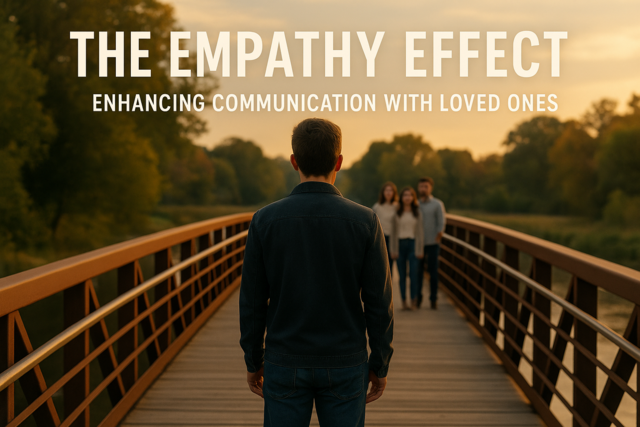 3 hours
0.3 CEUs
The Empathy Effect: Enhancing Communication with Loved Ones
+ More Info
3 hours
0.3 CEUs
The Empathy Effect: Enhancing Communication with Loved Ones
+ More Info
-
 5 hours
0.5 CEUs
Mindful Parenting: Cultivating Patience and Presence
+ More Info
5 hours
0.5 CEUs
Mindful Parenting: Cultivating Patience and Presence
+ More Info
-
 7 hours
0.7 CEUs
Aligning Curriculum with State Standards
+ More Info
7 hours
0.7 CEUs
Aligning Curriculum with State Standards
+ More Info
-
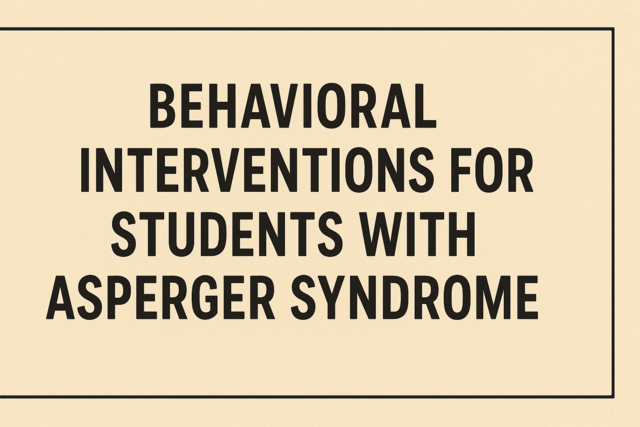 4 hours
0.4 CEUs
Behavioral Interventions for Students with Asperger Syndrome
+ More Info
4 hours
0.4 CEUs
Behavioral Interventions for Students with Asperger Syndrome
+ More Info
-
 4 hours
0.4 CEUs
Paranormal Phenomena: Fact or Fiction
+ More Info
4 hours
0.4 CEUs
Paranormal Phenomena: Fact or Fiction
+ More Info
-
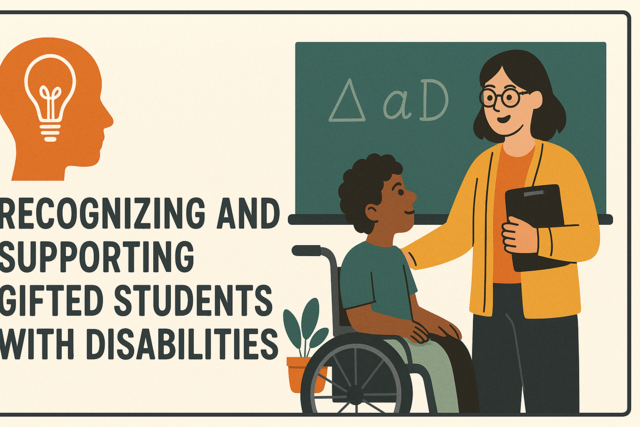 5 hours
0.5 CEUs
Recognizing and Supporting Gifted Students with Disabilities
+ More Info
5 hours
0.5 CEUs
Recognizing and Supporting Gifted Students with Disabilities
+ More Info
-
 6 hours
0.6 CEUs
Ethical Decision-Making in Business
+ More Info
6 hours
0.6 CEUs
Ethical Decision-Making in Business
+ More Info
-
 3 hours
0.3 CEUs
Positive Reinforcement Techniques for Special Educators
+ More Info
3 hours
0.3 CEUs
Positive Reinforcement Techniques for Special Educators
+ More Info
-
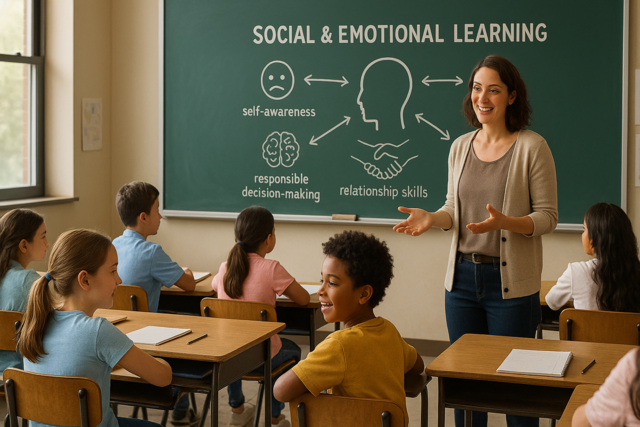 6 hours
0.6 CEUs
Social and Emotional Learning: Programs and Practices
+ More Info
6 hours
0.6 CEUs
Social and Emotional Learning: Programs and Practices
+ More Info
-
 7 hours
0.7 CEUs
Sustainable Living and Eco-Friendly Practices
+ More Info
7 hours
0.7 CEUs
Sustainable Living and Eco-Friendly Practices
+ More Info
-
 5 hours
0.5 CEUs
Creating Engaging Online Content
+ More Info
5 hours
0.5 CEUs
Creating Engaging Online Content
+ More Info
-
 6 hours
0.6 CEUs
Basic Gardening and Plant Care
+ More Info
6 hours
0.6 CEUs
Basic Gardening and Plant Care
+ More Info
-
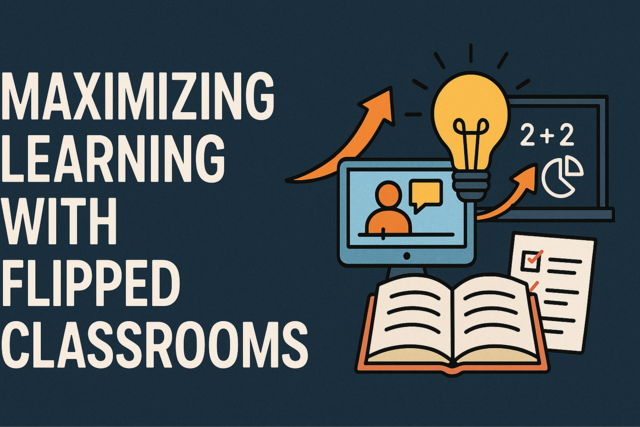 5 hours
0.5 CEUs
Maximizing Learning with Flipped Classrooms
+ More Info
5 hours
0.5 CEUs
Maximizing Learning with Flipped Classrooms
+ More Info
-
 7 hours
0.7 CEUs
Introduction to Cryptocurrency and Blockchain
+ More Info
7 hours
0.7 CEUs
Introduction to Cryptocurrency and Blockchain
+ More Info
-
 5 hours
0.5 CEUs
Lunar Magic and Moon Phases
+ More Info
5 hours
0.5 CEUs
Lunar Magic and Moon Phases
+ More Info
-
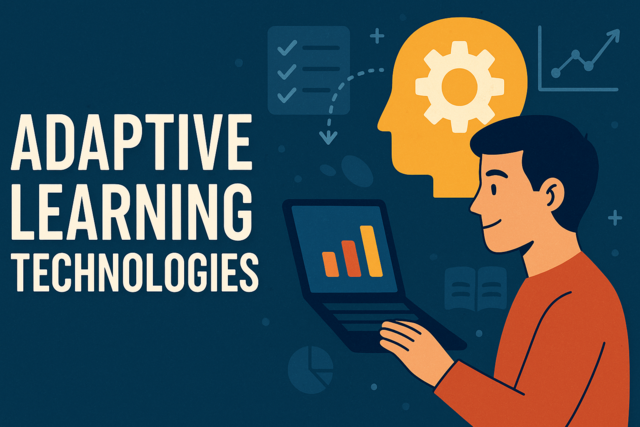 6 hours
0.6 CEUs
Adaptive Learning Technologies
+ More Info
6 hours
0.6 CEUs
Adaptive Learning Technologies
+ More Info
-
 6 hours
0.6 CEUs
Cryptids: Creatures of Folklore and Reality
+ More Info
6 hours
0.6 CEUs
Cryptids: Creatures of Folklore and Reality
+ More Info
-
 7 hours
0.7 CEUs
Harmony at Home: Techniques for Peaceful Coexistence
+ More Info
7 hours
0.7 CEUs
Harmony at Home: Techniques for Peaceful Coexistence
+ More Info
-
 7 hours
0.7 CEUs
Digital Friendships: Navigating Virtual Connections
+ More Info
7 hours
0.7 CEUs
Digital Friendships: Navigating Virtual Connections
+ More Info
-
 3 hours
0.3 CEUs
Luxury Layering: The Art of Dressing with Opulence
+ More Info
3 hours
0.3 CEUs
Luxury Layering: The Art of Dressing with Opulence
+ More Info
-
 5 hours
0.5 CEUs
Understanding Nutrition Labels and Food Choices
+ More Info
5 hours
0.5 CEUs
Understanding Nutrition Labels and Food Choices
+ More Info
-
 7 hours
0.7 CEUs
Civic Education and Engagement
+ More Info
7 hours
0.7 CEUs
Civic Education and Engagement
+ More Info
-
 7 hours
0.7 CEUs
Spiritual Awakening and Self-Discovery
+ More Info
7 hours
0.7 CEUs
Spiritual Awakening and Self-Discovery
+ More Info
-
 3 hours
0.3 CEUs
Career Resilience and Adaptability
+ More Info
3 hours
0.3 CEUs
Career Resilience and Adaptability
+ More Info
-
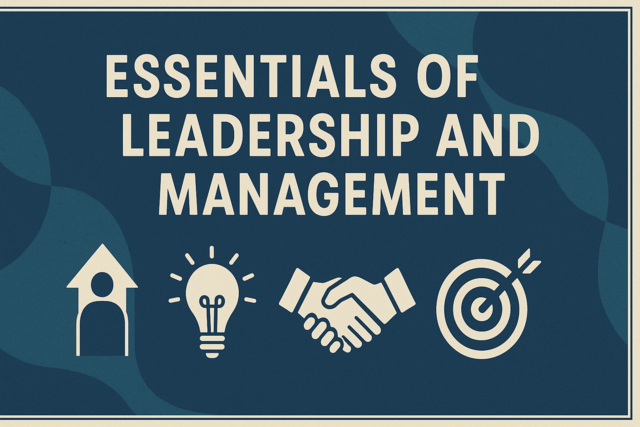 4 hours
0.4 CEUs
Essentials of Leadership and Management
+ More Info
4 hours
0.4 CEUs
Essentials of Leadership and Management
+ More Info
-
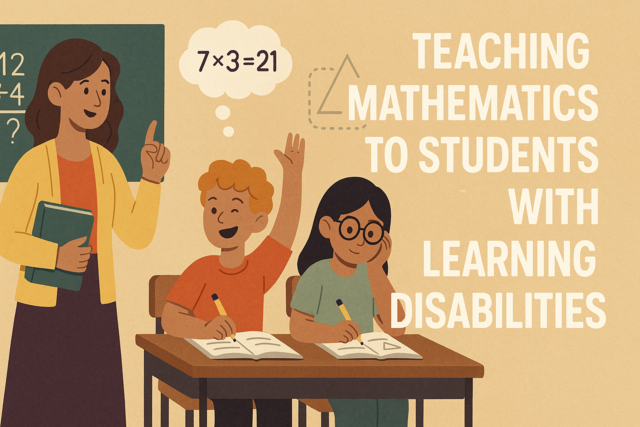 5 hours
0.5 CEUs
Teaching Mathematics to Students with Learning Disabilities
+ More Info
5 hours
0.5 CEUs
Teaching Mathematics to Students with Learning Disabilities
+ More Info
-
 6 hours
0.6 CEUs
Culturally Responsive Teaching in Special Education
+ More Info
6 hours
0.6 CEUs
Culturally Responsive Teaching in Special Education
+ More Info
-
 4 hours
0.4 CEUs
Elite Ensembles: Crafting Timeless Women's Looks
+ More Info
4 hours
0.4 CEUs
Elite Ensembles: Crafting Timeless Women's Looks
+ More Info
-
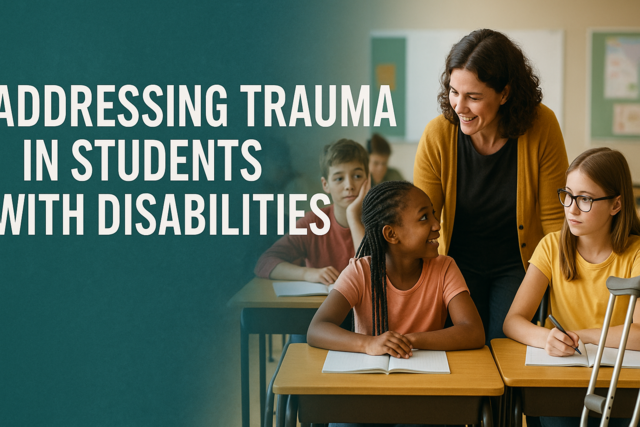 3 hours
0.3 CEUs
Addressing Trauma in Students with Disabilities
+ More Info
3 hours
0.3 CEUs
Addressing Trauma in Students with Disabilities
+ More Info
-
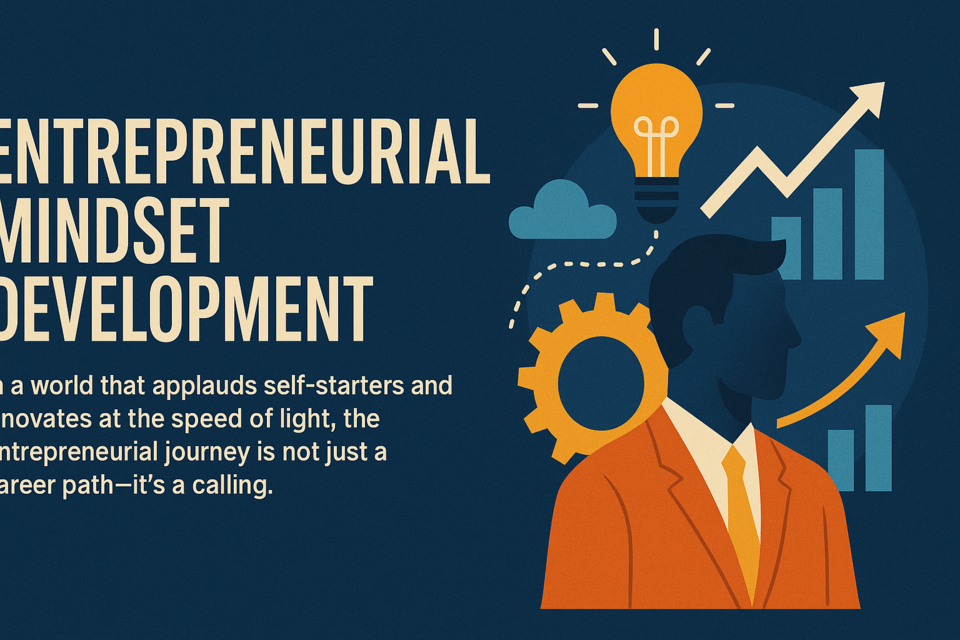 7 hours
0.7 CEUs
Entrepreneurial Mindset Development
+ More Info
7 hours
0.7 CEUs
Entrepreneurial Mindset Development
+ More Info
-
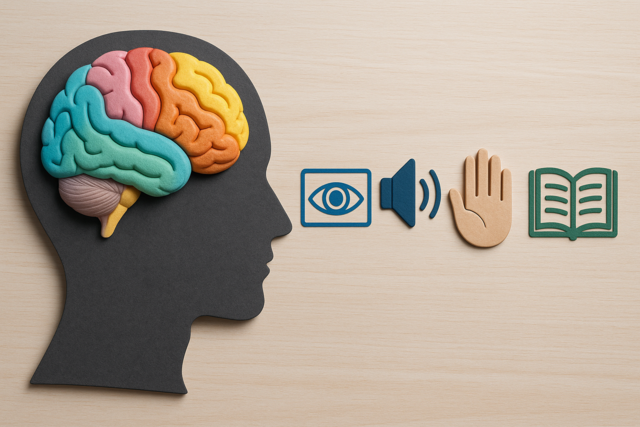 7 hours
0.7 CEUs
Understanding Learning Styles and Preferences
+ More Info
7 hours
0.7 CEUs
Understanding Learning Styles and Preferences
+ More Info
-
 5 hours
0.5 CEUs
Coaching and Mentoring Skills
+ More Info
5 hours
0.5 CEUs
Coaching and Mentoring Skills
+ More Info
-
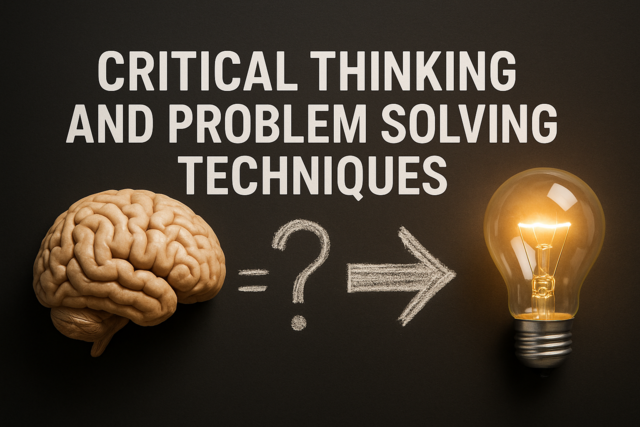 4 hours
0.4 CEUs
Critical Thinking and Problem Solving Techniques
+ More Info
4 hours
0.4 CEUs
Critical Thinking and Problem Solving Techniques
+ More Info
-
 7 hours
0.7 CEUs
Blended Learning Models in Schools
+ More Info
7 hours
0.7 CEUs
Blended Learning Models in Schools
+ More Info
-
 7 hours
0.7 CEUs
Modern Mindfulness: Being Present in an Age of Distraction
+ More Info
7 hours
0.7 CEUs
Modern Mindfulness: Being Present in an Age of Distraction
+ More Info
-
 4 hours
0.4 CEUs
Educational Equity and Justice
+ More Info
4 hours
0.4 CEUs
Educational Equity and Justice
+ More Info


